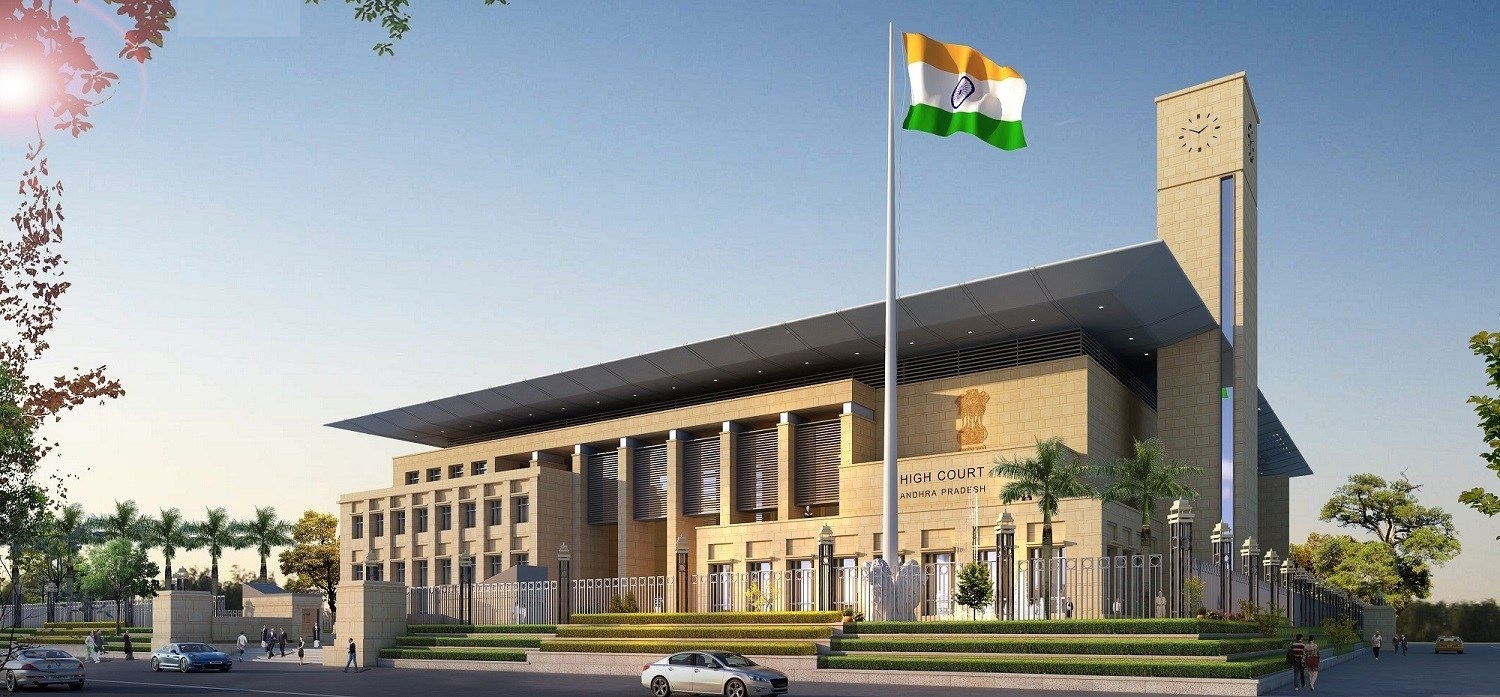-
by Admin
15 February 2026 5:35 AM



In a significant ruling, the Andhra Pradesh High Court has directed the Superintendent of Police to issue a Police Clearance Certificate (PCC) to Illa Rakesh Roshan, enabling him to travel to Brazil for employment. This decision comes despite a pending criminal case, provided that there is no adverse information against the petitioner beyond the existing charges. Justice Nyapathy Vijay presided over the case, emphasizing the petitioner’s right to employment while balancing the needs of the judicial process.
Illa Rakesh Roshan, a B.Tech graduate working with Accenture Solutions Pvt. Ltd. In Hyderabad, secured an opportunity to work in Brazil. To obtain a visa, Roshan needed a PCC. However, a criminal case registered against him under FIR.No.61/2019 for offenses under Sections 324, 323, and 506 read with Section 34 of the Indian Penal Code (IPC) caused delays in the issuance of the PCC.
Roshan had previously sought intervention from the court to expedite his passport issuance, leading to a directive from the trial court to provide a No Objection Certificate (NOC), which was granted on March 4, 2024. Despite this, the PCC required for his visa application remained pending.
Justice Vijay underscored the importance of the petitioner’s right to seek employment opportunities abroad. The court acknowledged that undue delays in administrative processes could unjustly hinder an individual’s professional prospects. “The delay in issuance of Police Clearance Certificate is unwarranted,” the court noted, recognizing that the petitioner had already obtained a NOC from the trial court.
The State’s counsel expressed concerns that permitting Roshan to travel abroad might delay the criminal trial. Addressing this, the court required Roshan to provide an undertaking ensuring his availability during the trial proceedings. “The petitioner shall also give an undertaking to the respondent No.3 to make himself available at the time of trial of the criminal case,” the order stated.
The High Court disposed of the writ petition, directing the Superintendent of Police to issue the PCC within one week, provided no additional adverse information was found against Roshan beyond the mentioned criminal case. This ruling sets a precedent that balances an individual’s right to pursue employment opportunities with the necessity of participating in ongoing judicial processes.
The decision of the Andhra Pradesh High Court reflects a judicial approach that safeguards the professional rights of individuals while ensuring compliance with legal obligations. By mandating the issuance of the PCC and requiring an undertaking from the petitioner, the court has provided a clear framework for similar cases in the future, where professional opportunities might be at stake due to pending legal issues.
This ruling is anticipated to have a significant impact on how administrative authorities handle PCC applications for individuals facing criminal charges, emphasizing the need for a balanced and expedited process.
Date of Decision: June 13, 2024
Illa Rakesh Roshan vs. The Union of India and Others
